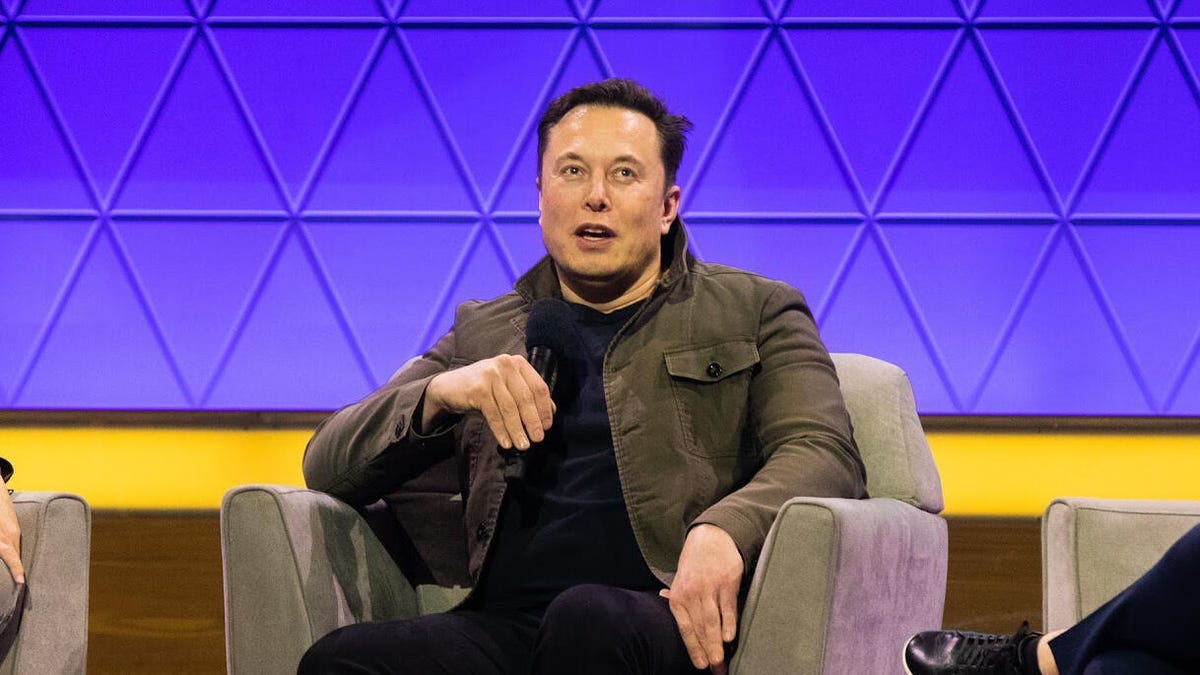It’s only funny until someone loses an eye. Or in the case of conversational AI companies, until copyright holders say they’re not OK with having their work used without permission to train the large language models powering today’s generative AI giants.
This week, comedian Sarah Silverman, along with authors Christopher Golden and Richard Kadrey, filed a lawsuit against OpenAI, creator of ChatGPT, and Meta, which developed the AI model called LLaMA. The suit alleges that AI systems were trained on the authors’ copyrighted works, likely taken from pirated digital-book collections known as “shadow libraries,” the Associated Press reports.
“The OpenAI suit notes that a request to ChatGPT to summarize Silverman’s book ‘The Bedwetter’ returns a detailed summary of the book, and asserts that it wouldn’t be possible to provide a summary of that variety without having the full text in the training model,” according to Barron’s. “Most large language model creators provide little data on the underlying data powering their models.”
Meta and Open AI declined to comment to the AP and Barron’s.
This isn’t the first time authors have called out AI companies for potentially stealing their work without compensation. Last month, best-selling authors including Margaret Atwood and Nora Roberts signed an open letter from the Authors Guild to the CEOs of Google, IBM, Open AI, Meta and Microsoft calling out the “inherent injustice in exploiting our works as part of your AI systems without our consent, credit or compensation.”
“Millions of copyrighted books, articles, essays and poetry provide the ‘food’ for AI systems, endless meals for which there has been no bill. You’re spending billions of dollars to develop AI technology. It is only fair that you compensate us for using our writings, without which AI would be banal and extremely limited,” the open letter says.
Courts will have to decide whether AI systems ingesting some copyrighted materials qualifies as “fair use.” But in the meantime, expect other copyright holders to bring similar challenges.
Here are the other doings in AI worth your attention.
FTC investigates ChatGPT over consumer data
In a scoop this week, The Washington Post reported that the US Federal Trade Commission has opened an “expansive investigation into OpenAI, probing whether the maker of the popular ChatGPT bot has run afoul of consumer protection laws by putting personal reputations and data at risk.”
The investigation involves personal privacy information, data security practices, and how OpenAI handles complaints that its chatbot makes “false, misleading or disparaging” statements about real individuals, according to a 20-page demand for records by the FTC that was shared by the Post. The FTC declined to comment to the Post, but OpenAI CEO Sam Altman tweeted this week that he’s disappointed that the FTC’s request for information about its business practices started with a “leak” to the newspaper.
it is very disappointing to see the FTC’s request start with a leak and does not help build trust.
that said, it’s super important to us that out technology is safe and pro-consumer, and we are confident we follow the law. of course we will work with the FTC.— Sam Altman (@sama) July 13, 2023
“That said, it’s super important to us that our technology is safe and pro-consumer, and we are confident we follow the law. Of course we will work with the FTC,” Altman tweeted. “We built GPT-4 on top of years of safety research and spent 6+ months after we finished initial training making it safer and more aligned before releasing it,” Altman said in another tweet. “We protect user privacy and design our systems to learn about the world, not private individuals.”
AI detectors are biased, easy to fool
One of the more popular guessing games online these days is whether something was written by a human or by AI. A group of researchers from Stanford University set out to test generative AI “detectors” to see if they could tell the difference.
“The research team was surprised to find that some of the most popular GPT detectors, which are built to spot text generated by apps like ChatGPT, routinely misclassified writing by non-native English speakers as AI generated, highlighting limitations and biases users need to be aware of,” CNET science editor Jackson Ryan reported.
The takeaway: Such detection software misclassifies writing from non-native English speakers, a bias problem, and also can be fooled by “literary language.”
“Basically, if you’re using verbose and literary text, you’re less likely to be classified as an AI,” Jackson noted after running some of his own experiments. “But this shows a worrying bias and raises concerns non-native English speakers could be adversely affected in, for instance, job hiring or school exams, where their text is flagged as generated by AI.”
Elon Musk announces AI company, taps 11 men to help him
After signing letters warning that AI companies should pause development due to the potential risks artificial intelligence poses to society, Twitter owner and Tesla CEO Elon Musk announced a new AI company this week: xAI.
The news comes after Musk earlier this year filed to incorporate an AI company in a challenge to OpenAI’s ChatGPT. In April, Musk said he was going to launch a company called TruthGPT as a “maximum truth-seeking AI.”
Musk tweeted Wednesday that xAI was being formed “to understand reality.”



